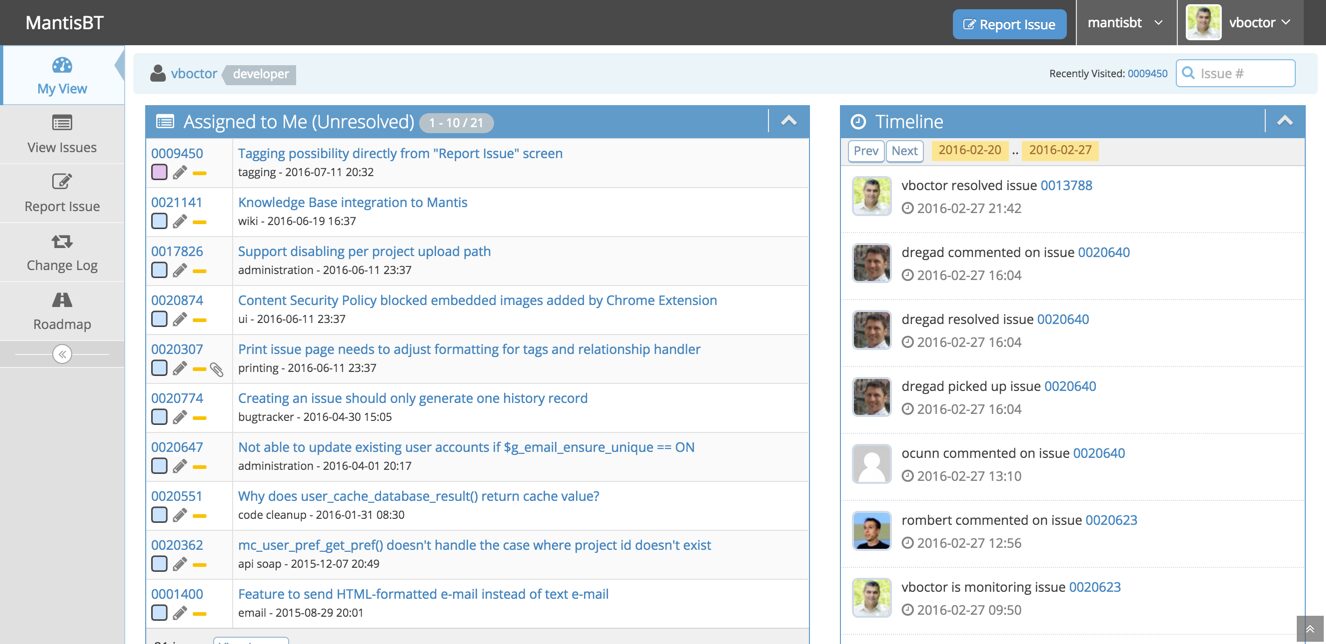Your web hosting business is a business like any other – it depends on your online reputation, ability to attract more clients, and relationship with your current clients. Each of these factors can be affected (and improved upon) with the right content marketing strategy. Here are five ways in which leveraging an adequate content marketing strategy willl boost your web hosting business.
Search Results for : nature
Godlike.Host is an innovative game server hosting provider that has quickly established itself as a leader in the industry since its inception in 2021. Known for leveraging cutting-edge technology, including Ryzen processors and NVMe memory, Godlike.Host ensures unparalleled performance and reliability for gamers worldwide.
Websites are becoming the first, preferred, and sometimes only means of information for people increasingly relying on the internet to learn about and interact with the world. From lofty concepts to digital storefronts, leaving an impression means building a memorable, intuitive, and secure website. Ordinary users might not pay much attention to the security aspect. Still, the pretty facades would easily crumble without it.
Intertwining cybersecurity concepts and tools with hosting practices is integral for creating and maintaining safe and successful websites. This article touches on various protective measures that secure the sites themselves, their environment, and the data they may process. Open-source developments advance this relationship. Read on to learn how.
MantisBT, an abbreviation for Mantis Bug Tracker, is a widely-used open-source issue tracking system designed to facilitate project management and software development processes. Originally created by Kenzaburo Ito, MantisBT has evolved into a mature and feature-rich platform over the years. It offers a comprehensive set of tools for bug tracking, issue management, and collaboration within development teams. Key features include customizable workflows, which allow teams to define their own issue lifecycle stages and processes tailored to their specific needs. MantisBT also provides email notifications to keep team members informed about updates and changes, facilitating timely communication and collaboration. Moreover, its extensive plugin architecture enables users to extend its functionality and integrate with other tools and systems seamlessly. With support for multiple projects, role-based access control, and detailed reporting capabilities, MantisBT empowers teams to effectively manage their software development projects from inception to delivery while ensuring transparency, accountability, and quality assurance throughout the development lifecycle.




